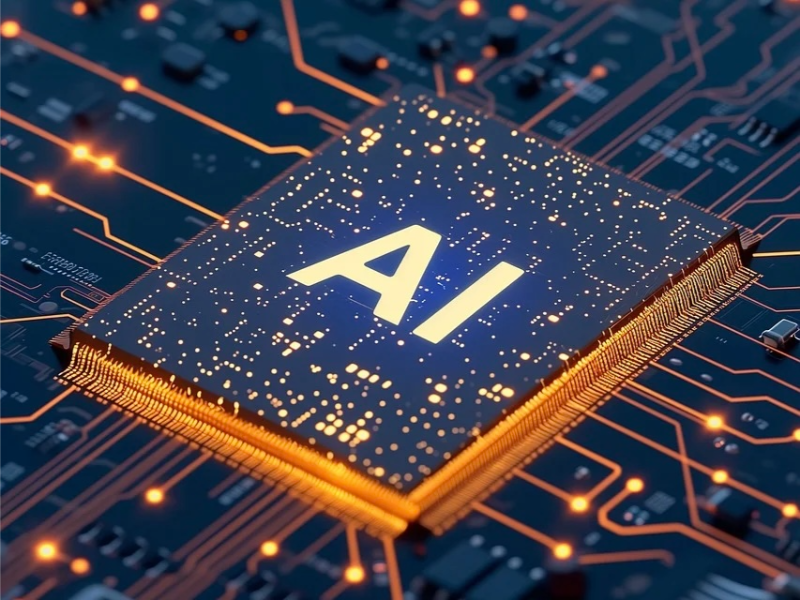- SoftBank abandons AI chip partnership with Intel due to unmet requirements and shifts focus to TSMC.
- The dissolution of the partnership highlights the intense competition in the AI chip market and the challenges of meeting rapidly evolving technological demands.
OUR TAKE
SoftBank’s termination of its AI chip development partnership with Intel highlights the challenges and competitive nature of the tech industry. Intel’s failure to meet SoftBank’s production requirements underscores the difficulties major companies face in keeping up with rapid advancements. By pivoting to negotiations with TSMC, SoftBank is aiming to realign its strategy to better meet the demands of the AI chip market. This shift reflects the ongoing pressures and strategic adjustments companies must navigate to remain competitive in the evolving tech landscape.
-Tacy Ding, BTW reporter
What happened
Japanese technology investor SoftBank has ended its plans to develop an AI chip in collaboration with Intel. The decision comes after the US chipmaker was reportedly unable to meet SoftBank’s stringent requirements regarding production volume and speed, according to a Financial Times report.
The partnership between SoftBank and Intel was intended to create a competitive AI chip to rival those produced by Nvidia. However, discussions between the two companies have faltered, with SoftBank attributing the collapse of the talks to Intel’s inability to deliver on its commitments.
In response to the setback, SoftBank is now redirecting its efforts towards negotiations with Taiwan Semiconductor Manufacturing Company (TSMC), the world’s largest contract chipmaker. This strategic shift reflects SoftBank’s ongoing commitment to advancing its AI chip initiatives and positioning itself in the competitive tech landscape.
Also read: Intel sued by shareholders over concealed foundry issues
Also read: SoftBank acquires Graphcore, boosting UK AI chipmaker’s future
Why it’s important
The dissolution of the SoftBank-Intel partnership underscores the high stakes and intense competition in the AI chip market. Companies are aggressively racing to innovate and meet the ever-growing demands of technology, making successful partnerships crucial. Intel’s inability to meet SoftBank’s requirements highlights the ongoing challenges faced by the semiconductor giant in keeping pace with rapid advancements and the specific needs of AI technology.
The development and production of AI chips are pivotal to driving technological innovation and economic growth. As companies like SoftBank realign their strategies and seek new partnerships, the trajectory and pace of AI advancements are likely to shift. These changes could influence investment trends and technological breakthroughs, signalling evolving market expectations and strategic priorities within the tech industry.

